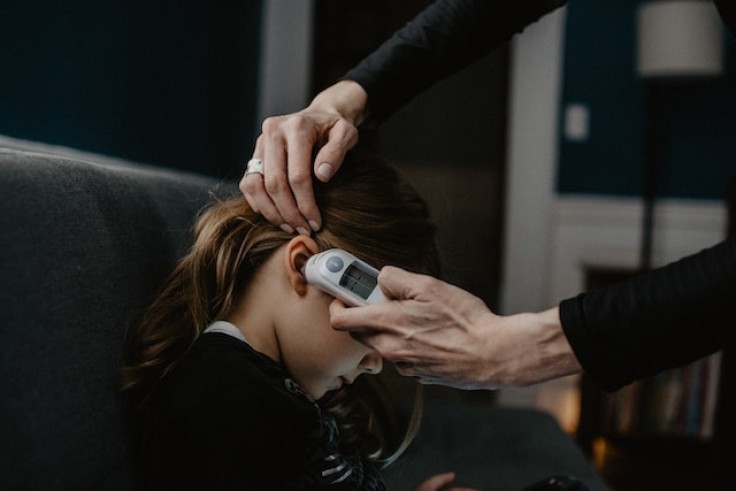
Parenting is a tough job, especially when your child falls ill. The instinct to rush to the nearest emergency room can often be overwhelming. However, not every cough, sneeze, or fever requires immediate medical attention from a healthcare provider. Here's an extended, comprehensive guide detailing 10 steps you can take at home before making that trip to the doctor's office for minor illnesses.
1. Take a Deep Breath and Calm Down
Your first reaction to seeing your child in discomfort might be panic. It's perfectly natural, but remember that kids often feed off their parents' energy. Take a few deep breaths to calm yourself; this will not only help you think more clearly but also keep your child more relaxed.
2. Thoroughly Assess the Symptoms
Look for visible symptoms and listen to your child's complaints. Is it a headache, a stomach ache, or perhaps a runny nose? Documenting these symptoms will help you decide the best course of action, and they'll be useful information if you later decide to seek medical advice.
3. Take Their Temperature Accurately
A reliable digital thermometer can be a parent's best friend. Use it to check your child's temperature; remember that a mild fever is often the body's natural response to infection and not always a cause for alarm.
4. Keep Them Hydrated
Offer fluids continuously. When children are ill, they can quickly become dehydrated, particularly if they're vomiting or have diarrhea. Water, herbal teas, and oral rehydration solutions are excellent choices for keeping them hydrated.
5. Administer Over-the-Counter Medication Carefully
Children's acetaminophen or ibuprofen can be used to lower fever or relieve pain. Always read the packaging for the correct dosage for your child's age and weight, and remember that over-the-counter medications are only a temporary solution.
6. Employ Tried-and-True Home Remedies
Certain home remedies have been used for generations to provide relief from minor ailments. For instance, a teaspoon of honey can soothe a sore throat (for children over one year), and a warm compress can alleviate minor pains and aches. However, these are not replacements for medical treatment for more serious symptoms.
7. Observe and Document Regularly
Maintaining a symptom diary can provide critical information. Use it to jot down how often your child coughs, complains of pain, vomits, etc. Keeping track of when symptoms occur can offer vital clues to a healthcare provider if you need to consult one later.
8. Stick to Reliable Online Sources for Information
There's an abundance of medical advice online, but not all of it is trustworthy. Websites run by medical professionals or reputable organizations can offer valuable insights into symptoms and when to seek medical care.
9. Opt for a Telemedicine Consultation
Today's technology offers the convenience of consulting a healthcare provider from the comfort of your home. If your concerns persist, consider scheduling a telemedicine visit. This service can often provide enough information to either put your mind at ease or to warrant a physical examination.
10. Re-evaluate the Situation
After implementing these steps, take a moment to re-evaluate your child's condition. Has there been any improvement? If symptoms have lessened, perhaps waiting another day before seeking professional medical advice is reasonable. However, if symptoms persist or worsen, don't hesitate to consult a healthcare provider.
Your intuition as a parent is a valuable asset in determining the seriousness of your child's condition. These guidelines are meant to support, not replace, professional medical advice. Should you find that your child's symptoms persist or worsen despite these initial steps, consult a healthcare provider for a thorough examination and diagnosis. Knowing what you can do at home empowers you to make informed decisions, saving you both time and possibly unnecessary expenses.
Related Article : Helpful Tips For Parents Who Leave Office Beyond 5 P.M.